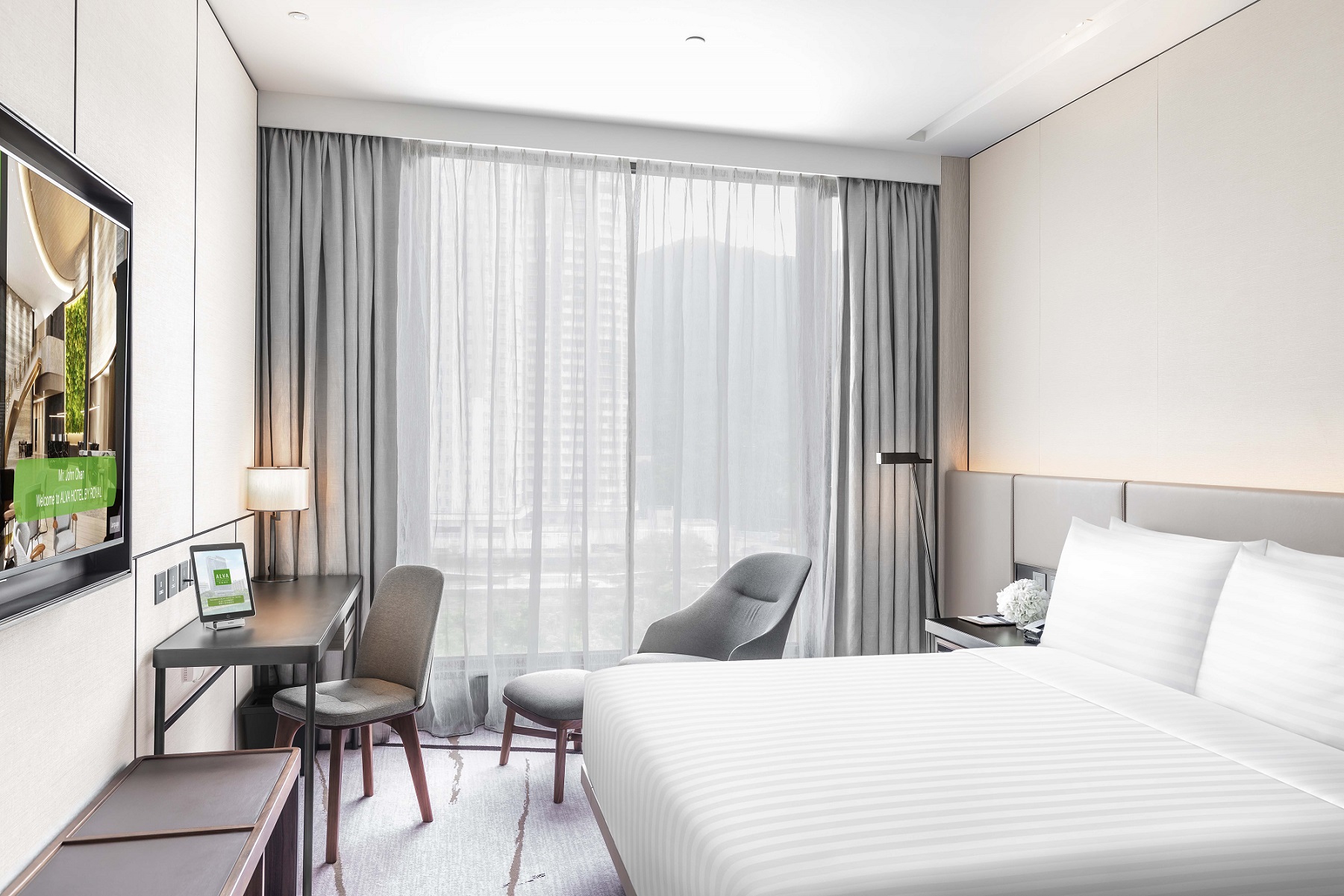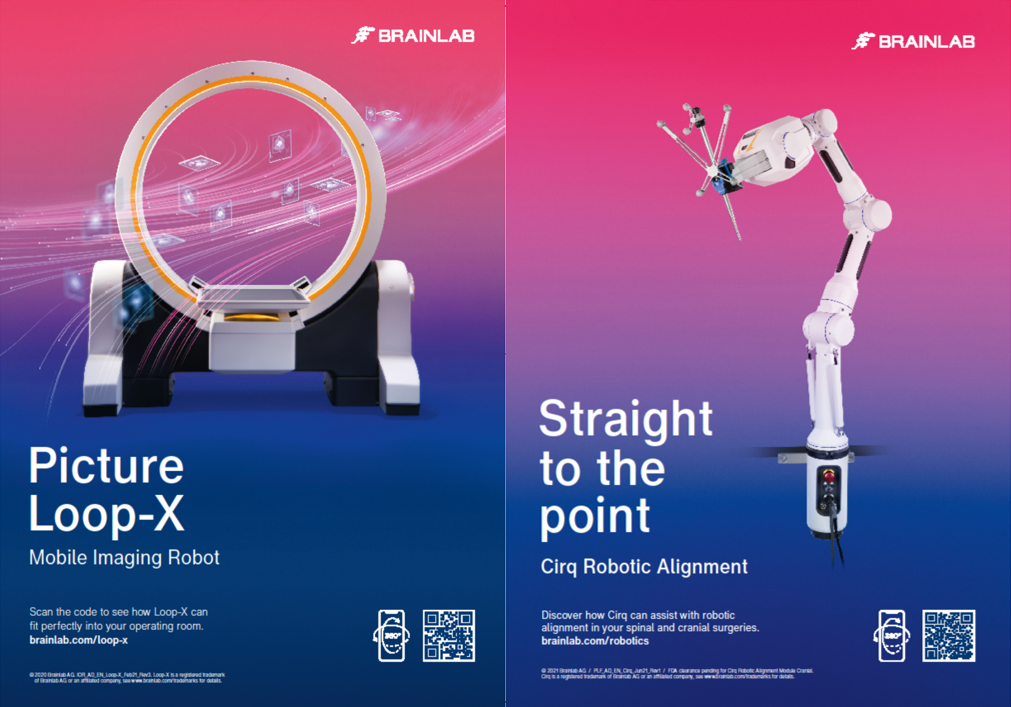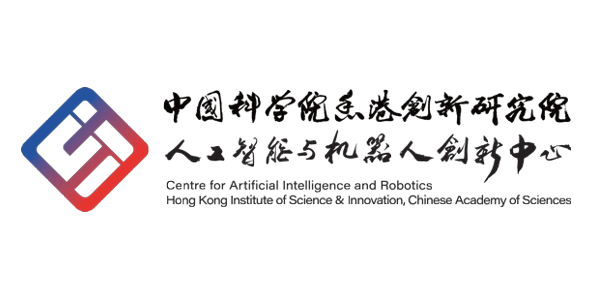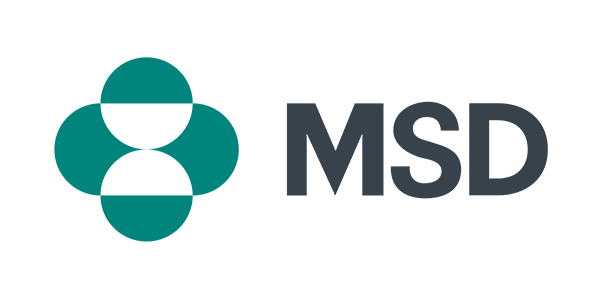We are excited to announce BRAIN 2026, the 22nd Multidisciplinary Meeting for Nervous System Diseases, taking place on 31 January – 1 February 2026.
Neuroscience is advancing at an extraordinary pace, reshaping both clinical practice and research. This year's program will spotlight advances in Brain–Computer Interface (BCI) and Endoscopic Skull Base Surgery, as well as the expanding role of Intraoperative MRI (iMRI), with updates in Epilepsy and Brain Tumours. These themes reflect the growing intersection of technology, innovation, and patient care.
On 30 January, a cadaveric pre-conference workshop on Endoscopic Surgery – Craniopharyngioma will provide hands-on training and practical insights into evolving techniques.
We warmly invite neurologists, neurosurgeons, pathologists, paediatricians, radiologists, intensive care specialists, scientists, biomedical engineers, and allied healthcare professionals from across the globe to join us in sharing knowledge, fostering collaboration, and shaping the future of brain health.
Our sincere thanks go to the speakers, delegates, sponsors, and Secretariat whose support makes this meeting possible. We are also delighted to highlight the cadaveric pre-conference workshop, which will set the stage for the main program. We look forward to welcoming you to BRAIN 2026 for two days of discovery, dialogue, and inspiration.






























| Pre-conference Workshop | Main Conference - BRAIN 2026 | |||
| Time/Date | 30 January (Friday) | 31 January (Saturday) | 1 February (Sunday) | |
| 0800 | Registration & Welcome Speech | |||
| 08:30 | Mastering Endoscopic Surgical Advances for Craniopharyngioma: A Video Guide - I | Cadaveric Demonstration & Hands-on Exercise - I | Registration & Welcome Speech | Registration |
| 09:00 | Nursing Session - iMRI | HKSAN* Symposium - Epilepsy | ||
| 09:30 | ||||
| 10:00 | ||||
| 10:30 | Break & Exhibition | Break & Exhibition | ||
| 11:00 | Epilepsy | Brain-Computer Interface (BCI) - I | ||
| 11:30 | ||||
| 12:00 | ||||
| 12:30 | Lunch | |||
| 13:00 | Lunch & Exhibition | Lunch & Exhibition | ||
| 13:30 | Mastering Endoscopic Surgical Advances for Craniopharyngioma: A Video Guide – II | Cadaveric Demonstration & Hands-on Exercise – II | ||
| 14:00 | Advances in Endoscopic Skull Base Surgery | Mr Otto Lien Da Wong Visiting Professorial Lecture in Neuro-Oncology | ||
| 14:30 | ||||
| 15:00 | BCI - II | |||
| 15:30 | Break & Exhibition | |||
| 16:00 | Brain Tumours | |||
| 16:30 | ||||
| 17:00 | Closing Remarks | Closing Remarks | ||
| 17:30 | Mr POON Yee Wo Visiting Professorial Lecture in Neurosurgery | |||
| 18:00 | ||||
| 18:30 | ||||
*Hong Kong Student Association of Neuroscience
| 08:00 | Registration | ||||
| 08:15 | Welcoming speech | Danny Chan | |||
| 08:30 | Excision of craniopharyngioma with 4K ICG endoscope – keys steps of surgery | Leo Yeung | |||
| Parallel Session A (Cadaver Demonstration and Hands-on Workshop) | Parallel Session B (A Video Guide) | ||||
| 08:45 | Demonstration: harvest nasoseptal flap, ethmoidectomy, reverse flap | Chunhui Liu | Surgical video with narration – craniopharyngioma
|
Songbai Gui & Leo Yeung | |
| 09:15 | Hands-on | All faculties | |||
| 10:15 | Assessment and feedback | All faculties | |||
| 10:30 | Demonstration: Wide open sphenoid sinus opening and approach to tuberculum sellae and planum, ICA mapping | Leo Yeung | Surgical video: Craniopharyngioma surgery
|
Vickneswaran Mathaneswaran | |
| 11:00 | Hands-on | All faculties | |||
| 11:45 | Assessment and feedback | All faculties | |||
| 12:00 | Lunch | ||||
| 13:00 | Excision of craniopharyngioma with 3D endoscope – intradural dissection and vital structures preservation | Songbai Gui | |||
| Parallel Session A | Parallel Session B | ||||
| 13:30 | Demonstration: Endonasal approach to suprasellar, third ventricle, interpeduncular fossa and anterior skull base | Songbai Gui | Surgical video with narration – craniopharyngioma
|
Songbai Gui & Leo Yeung | |
| 14:00 | Hands-on | All faculties | |||
| 15:15 | Assessment and feedback | All faculties | |||
| 15:30 | Closure of skull base defect techniques | Songbai Gui | |||
| 16:00 | Hands-on | All faculties | |||
| 17:00 | Assessment, feedback and closing remarks | Danny Chan | |||
| Kai Chong Tong, G/F | ||
| 09:00 | Welcome Speech | |
| Session 1 : Nursing Session - iMRI Chairpersons : Sek Ying CHAIR & Like W.M. WONG |
||
| 09:05 | Intraoperative MRI - A New Era of Precision Surgery | Cheuk Kui CHAN |
| 09:30 | Intraoperative MRI: Safety Tips for Nurses | David K.W.YEUNG |
| 10:00 | A High-reliability Nursing System in iMRI Surgery 風險到韌性 : 打造高可靠性 iMRI手術護理管理系統實踐 | Xiaonan LIU |
| 10:30 | Break & Exhibition | |
| Session 2 : Epilepsy Chairpersons : Ziyi CHEN, Eva L.W. FUNG & Howan LEUNG |
||
| 11:00 | Women and Epilepsy | Dong ZHOU |
| 11:30 | China Association Against Epilepsy (CAAE) and Accreditation | Yuping WANG |
| 12:00 | The Genetics, Pathology and Clinical Knowledge of Malformation of Oligodendroglial Hyperplasia Epilepsy (MOGHE) | Yicong LIN |
| 12:30 | Beyond the Seizure Diary: Patient Reported Outcome Measures in Epilepsy Care | Charlie C.H. CHAN |
| 13:00 | Group Photo, Lunch & Exhibition | |
| Session 3 : Advances in Endoscopic Skull Base Surgery Chairpersons : Victor K.H. HUI & Wai S. POON |
||
| 14:00 | Endoscopic Transnasal Surgery for Craniopharyngiomas - A Single Team Experience of 1098 Patients | Songbai GUI |
| 14:30 | Nuances of Endoscopic Craniopharyngioma Surgery | Vickneswaran MATHANESWARAN |
| 15:00 | Towards Zero ICA Injury, Trimodal Mapping of ICA Using ICG Endoscope, Doppler Ultrasound and Neuronavigation during Transsphenoidal Surgery | Leo K.T. YEUNG |
| 15:30 | Break & Exhibition | |
| Session 4 : Brain Tumours Chairpersons : Herbert H.F. LOONG & Peter Y.M. WOO |
||
| 16:00 | Understanding Glioma Macrophage Heterogeneity and Its Role in Disease Progression | Kenny K.H. YU |
| 16:25 | Speed Meets Precision: Rapid Intraoperative Diagnostics in Neuro-Oncologic Surgery | Stephen YIP |
| 16:50 | Advancing Precision Neuro Oncology: Integrating Clinical Insight with Translational Cancer Neuro-Science | Aya El HELALI |
| Mr POON Yee Wo Visiting Professorial Lecture in Neurosurgery | ||
| 17:15 | The Neural Code of Speech | Edward F. CHANG |
| Kai Chong Tong, G/F | ||
| Session 5 : HKSAN Symposium – Epilepsy Chairpersons : Andison C.H. KWOK & Catherine Y. SHANG |
||
| 09:00 | Welcome Address | |
| 09:05 | Seizure - Its Prediction, Diagnosis and Treatment | Kheng Seang LIM |
| 09:35 | Transforming the Invisible into Visible – Series Studies on AI in EEG Analysis | Ziyi CHEN |
| 10:00 | Development of Imaging-based Risk Models to Predict Epilepsies in Cerebrovascular Disorders | William C.Y. LEUNG |
| 10:25 | Conclusion | |
| 10:30 | Break & Exhibition | |
| Session 6 : Brain-Computer Interface (BCI) – I Chairpersons : Hongbin LIU & Patrick C. YUE |
||
| 10:50 | Operations Superman | Danny T.M. CHAN |
| 11:05 | High-Density, Minimally Invasive ECoG Electrodes for BCI Applications. | Paddy K.L. CHAN |
| 11:25 | Re-establishing Neural Functional Connectivity between Disconnected Brain Areas | Wendy Y. WANG & Yihan ZHANG |
| 11:45 | Brain-Computer Interfaces: How Far Are We from The Matrix? | Hemmings WU |
| 12:10 | Adaptive and Invasive Brain-computer Interfaces for Personalized Treatment of Depression | Yuxiao YANG |
| 12:35 | Progress of Brain-Computer Interface Clinical Trials at Huashan Hospital | Ying MAO |
| 13:05 | Advances in the Neural Bases and Brain-Computer Interfaces for Mandarin Chinese | Yuanning LI |
| 13:30 | Group Photo, Lunch & Exhibition | |
| Mr Otto Lien Da Wong Visiting Professorial Lecture in Neuro-oncology |
||
| 14:30 | Novel Data-driven Glioma Treatment Strategies | Tao JIANG |
| Session 7 : Brain-Computer Interface (BCI) – II Chairpersons : Vincent C.K. CHEUNG & Owen H. KO |
||
| 15:30 | The Speech Neuroprosthesis | Edward F. CHANG |
| 16:00 | Brain Computer Interface for Motor Function Restoration | Jizong ZHAO & Xiaoke CHAI |
| 16:30 | The Latest Advances in BCI Technology from a Technical Perspective | Minmin LUO |
| 17:00 | Closing Remarks | |
Should there be any questions to the authors, please send your questions to brain2026@surgery.cuhk.edu.hk. Thank you.
The programme may be subject to change without prior notice.
BRAIN 2026 and the Pre-conference Workshop are in-person events. All registrations should be completed through the Online Registration system.
For local participants, Continuing Medical Education (CME), Continuing Nursing Education (CNE), and Continuing Professional Development (CPD) accreditation will be granted on the condition that College fellows and Association members attend the Pre-conference Workshop and/or the main conference in person. They must also sign the record of attendance at the Pre-conference Workshop on 30 January 2026 and/or at the Conference Venue on 31 January – 1 February 2026.
Registration Category (one delegate per registration)
Pre-conference Workshop: Advances in Endoscopic Surgery – Craniopharyngioma (30 Jan 2026)
| Category | On or Before 23 Jan 2026 | 24-30 Jan 2026 |
|---|---|---|
| Active participant with hands-on exercise | HK$ 15,000 | HK$ 18,000 |
| Observer | HK$ 5,000 | HK$ 6,000 |
Main Conference: BRAIN 2026
| Category | On or Before 30 Jan 2026 | 31 Jan -1 Feb 2026 |
|---|---|---|
Members of the below institutions/ societies
|
Free | HK$ 500 |
Alumni of the below programme of CUHK
|
HK$ 100 | HK$ 500 |
Alumni, students or staff of the below institutions
|
HK$ 200 | HK$ 500 |
| Overseas delegates / Others | HK$ 1,000 | HK$ 1,500 |
Authors are invited to submit abstracts on any clinical, experimental or translational aspects of Nervous System Diseases for consideration by the Organising Committee for e-Poster Presentation.
Authors are required to submit abstracts through Online Abstract Submission. Facsimile or email copy will NOT be accepted.
The following official hotels have offered special rates for the Workshop and the Conference. All are located in close proximity to the respective venues: the CUHK Jockey Club Minimally Invasive Surgical Skills Centre and the Postgraduate Education Centre, both within the Prince of Wales Hospital, Shatin. Reservations must be made using the Reservation Link/contact and submitted directly to the hotel of your choice.
Room rates are quoted on a per-room, per-night basis and are subject to a 10% service charge and 3% Hotel Accommodation Tax (HAT), unless otherwise specified. A credit card guarantee is required to secure room reservations.
Shuttle service will be provided each morning on 30 January 2026 and 31 January – 1 February 2026, transferring participants from the hotels to the Workshop and Conference venues.
18 Chak Cheung Street, Sha Tin, New Territories, Hong Kong



Hyatt Regency Hong Kong, Sha Tin is located adjacent to the University Station. It is a refreshing urban resort in Hong Kong, only an 11-minute drive from the Workshop and Conference venues.
| Mountain View Room | room only | HK$950 |
| inclusive of 1 daily breakfast | HK$1,100 | |
| inclusive of 2 daily breakfasts | HK$1,250 | |
| Harbour View Room | room only | HK$1,050 |
| Inclusive of 1 daily breakfast | HK$1,200 | |
| Inclusive of 2 daily breakfasts | HK$1,350 |
Additional Information
• Charge for the third person: HK$440 per night, plus 10% service charge and 3% HAT.
• Children under 12 years old stay free of charge when sharing with parents.
• Special rates are valid until 9 January 2026.
1 Yuen Hong Street, Shatin, Hong Kong



Alva Hotel by Royal enjoys a unique riverside location in Shatin. It is 8 minutes' walk from Shek Mun Station and 4 minutes' drive from the Workshop and the Conference venues.
| Standard Room | inclusive of 1 daily breakfast | HK$900 |
| additional breakfast per person per day | HK$110 (net) |
Special rates are valid until 21 December 2026.
1 On Ping Street, Sha Tin, New Territories, Hong Kong



Courtyard by Marriott Hong Kong Sha Tin is conveniently located in the Shatin area and foffers stylish rooms with tranquil views of the Shing Mun River. The hotel is only 5-minute walk from Shek Mun MTR Station and a 6-minute drive from the Workshop and the Conference Venues.
| City View Room | room only | HK$1,050 |
| inclusive of 1 daily breakfast | HK$1,150 | |
| inclusive of 2 daily breakfasts | HK$1,250 |
For reservations, please contact Ms Lindsey Tai at Lindsey.Tai@courtyard.com.
An onsite and online Exhibition will be held alongside BRAIN 2026.
This Conference offers industry stakeholders and excellent opportunity to showcase products and services, engage with world-leading experts in Clinical Neurosciences and connect with opinion leaders both in person and virtually.
For details on Sponsorship and Exhibition opportunities, please contact the Conference Secretariat at brain2026@surgery.cuhk.edu.hk or (852) 3505 1316/ 3505 2624 / 3505 1852.








